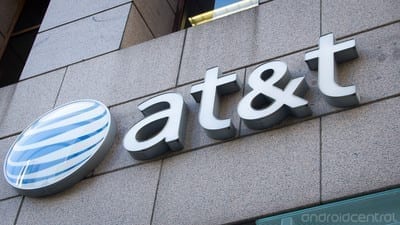AT&T’s Contracts Not Friendly At All According to Senators
According to AT&T’s Executive Vice President Tim McKone in a letter that was recently issued to U.S. senators, “At the outset, no AT&T customer is ever ‘forced’ to agree to arbitration. Customers accept their contracts with AT&T freely and voluntarily; no one ‘forces’ them to obtain AT&T wireless service, DirecTV programming, or other products and services.” In order words, the company has denied that its contracts include clauses helping the company to charge higher prices to its customers as Senators Al Franken (D-Minn), Richard Blumenthal (D-Conn), Ron Wyden (D-Ore), Patrick Leahy (D-Vt.) and Edward Markey (D-Mass) have alleged. The company has claimed that it provided friendly customer service, and never intends to swindle its users.

The terms of service for AT&T Internet and DirecTV, however, require customers to “agree to arbitrate all disputes and claims” against AT&T. Class actions and trials by jury are prohibited, although individual cases in small claims courts are allowed. AT&T doesn’t offer any way to opt out of the arbitration provision, as does some of its competitors, including Comcast, so the only other option is not buying service from the provider at all.
Senator Franken said, “There’s nothing ‘friendly’ about AT&T’s take-it-or-leave-it contracts that eliminate consumer choice and take away Americans’ ability to resolve legal disputes with their telecom provider in a court of law. Further, forced arbitration agreements that prohibit customers from banding together as a class deter consumers from seeking justice and allow widespread wrongdoing by powerful corporations to go unchecked.” An arbitration clause can only truly be customer-friendly if it “is entered into voluntarily after a dispute has arisen—and after a customer has fully considered their options—to ensure that Americans are not deprived of their constitutional rights,” according to Franken.

AT&T has responded that it “is fully committed to honoring its deals, offers, and promotions” despite its “more than 4,000 complaints against [the company itself] and [subsidiary] DirecTV related to deals, promotions and overcharging in the past two years,” as alleged. Customer complaints revolving around these issues, and particularly about not receiving the correct promotional prices, are “rare,” AT&T responded. “For example, during 2015, 2016, and through the first four months of 2017, on average approximately 0.03 percent (i.e. 3 out of 10,000) of new DirecTV, U-verse and Mobility customers lodged complaints alleging overcharges related to promotions with AT&T’s dedicated customer complaint resolution teams,” according to company records. AT&T representatives add the company, “has a very strong incentive to provide settlements satisfactory to the customer” because AT&T pays customers’ arbitration fees and at least $10,000 to “customers who win more in arbitration than AT&T’s last written settlement offer.”
“The relatively small number of cases that actually reach an arbitration hearing therefore does not provide any evidence that the dispute resolution process is not fair or is not used,” AT&T representatives wrote. “To the contrary, it demonstrates that the process is working just as intended—satisfactorily resolving consumer claims without the need to initiate an arbitration.” Franken stated the Senate legislation would invalidate mandatory arbitration clauses. It’s unclear if further legal action will be pursued.
Sources:
AT&T: Forced arbitration isn’t “forced” because no one has to buy service
AT&T: it’s not “forced arbitration” because no one forced you to have broadband


Join the conversation!